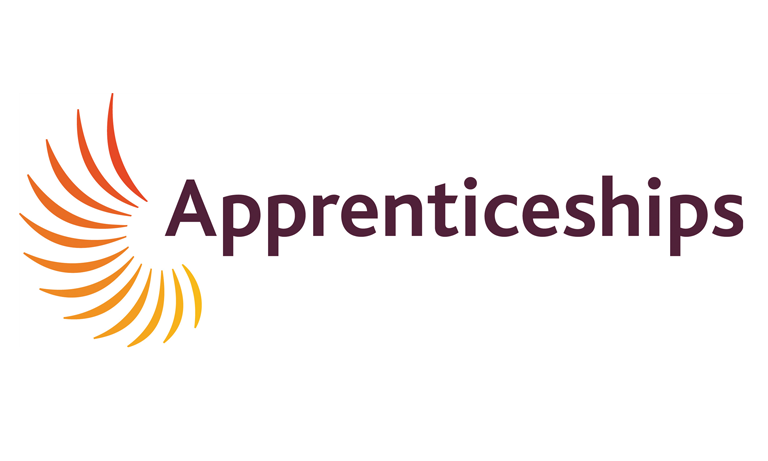 The Low Pay Commission has estimated that the increase for the Apprentice Minimum Wage will benefit up to 36,000 apprentices
The Low Pay Commission has estimated that the increase for the Apprentice Minimum Wage will benefit up to 36,000 apprenticesThe Chancellor has announced the new rates of National Minimum Wage, National Living Wage and Apprentice Minimum Wage from April 2019 as recommended by the Low Pay commission (LPC).
- The National Living Wage (for workers aged 25 and over) should increase from £7.83 to £8.21;
- The rate for 21-24 year olds should increase from £7.38 to £7.70;
- The rate for 18-20 year olds should increase from £5.90 to £6.15;
- The rate for 16-17 year olds should increase from £4.20 to £4.35; and
- The apprentice rate (for apprentices aged under 19 or in the first year of their apprenticeship) should increase from £3.70 to £3.90.
- The Low Pay Commission has recommended that the accommodation offset increases from the current £7.00 to £7.55.
The Low Pay Commission has estimated that the increase for the Apprentice Minimum Wage of 20 pence (5.4%) will benefit up to 36,000 apprentices.
The 10-per-cent fee that small businesses must pay when they take on apprentices will be halved. The Chancellor has announced that SMEs will only contribute 5 per cent to the training, as part of a “£695 million package to support apprenticeships”.
Up to £5 million is going to the Institute for Apprenticeships and National Apprenticeship Service in 2019-20, to “identify gaps in the training provider market and increase the number of employer-designed apprenticeship standards available to employers”.
£20 million worth of new “skills pilots” announced
This will include a £3 million scheme to help “employers in Greater Manchester and surrounding areas to address local digital skills gaps through short training courses”, and a £10 million pilot again in Greater Manchester, working with the Federation of Small Businesses, to “test what forms of government support are most effective in increasing training levels for the self-employed”.
A £7 million match funding pilot “alongside employers to provide on-the-job training to young people not currently in employment, education or training in Greater Manchester, and to move them into sustainable career paths with employers”.
The government will also provide £38 million of capital funding to support implementation of the first three T-levels in 2020 across 52 providers, as announced earlier this month.








